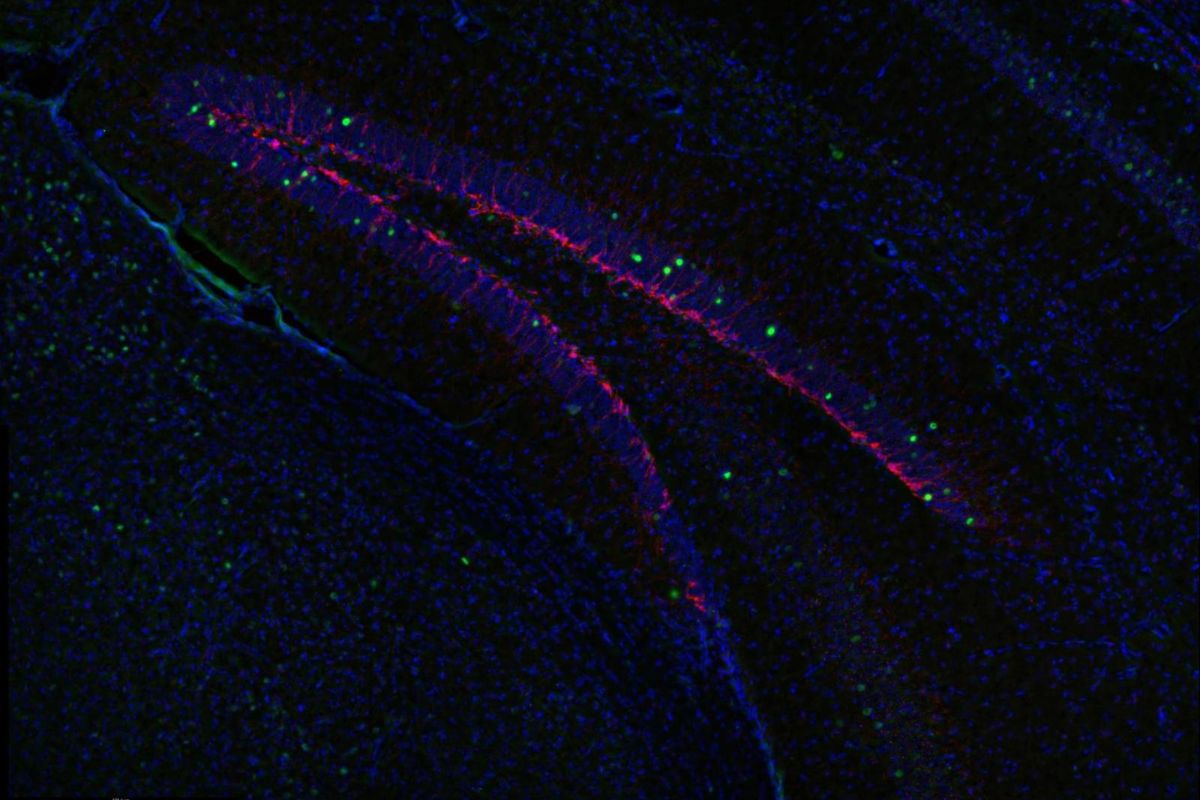It’s the time of year when everyone – from Target to the Today Show – is focused on kids going back to school. So maybe it seems counterintuitive that the U.S. Surgeon General would issue a mental health advisory – along with an op-ed piece in the New York Times – urging better support for the parents, caregivers, and families that help get those kids back into the classroom.
It’s no wonder when you consider that:
- The average family planned to spend $586 – per child! – on back-to-school stuff this summer.
- A third of parents admit to high levels of stress at some point in the prior month. That’s compared to 20 percent of other adults.
- And nearly half – 48 percent – of parents say that “most days their stress is completely overwhelming.” That’s opposed to just 26 percent of adults without kids.
Stress is Everywhere
About 63 million parents live with children under the age of 18 in the United States. This diverse population faces a unique set of stressors, from the demands of everyday parenting to financial insecurities to the challenges that come with smartphones and social media.
Other stressors include isolation, loneliness, and cultural pressures. For too many parents, these stressors pile up on top of existing mental health challenges, especially for those struggling with issues such as family violence, poverty, and systemic racism.
All this stress – especially when it’s relentless – can threaten the mental health of any parent, which then can spill over onto their children. And those kids can be more susceptible to anxiety and depression – in addition to earlier onset, and recurrence of, a host of other mental health problems.
“Parents have a profound impact on the health of our children and the health of society. Yet parents and caregivers today face tremendous pressures, from familiar stressors such as worrying about their kids’ health and safety and financial concerns to new challenges like navigating technology and social media, a youth mental health crisis, an epidemic of loneliness that has hit young people the hardest,” Surgeon General Vivek Murthy, MD, said in a statement. “As a father of two kids, I feel these pressures too.”
Taking Care of Parents’ Mental Health
To better support parents and caregivers, the surgeon general’s advisory calls for big policy changes, as well as the expansion of existing community programs.
Recommendations include:
- Ensuring paid time off for parents to care for sick children.
- Providing affordable child care options.
- Improving access to reliable mental health care.
- And fostering social connection through community initiatives.
The advisory also argues for a larger cultural shift to prioritize and support parents and caregivers. By addressing the stressors that haunt their well-being, all Americans can play a part in supporting this vital group.
Further Reading
Surgeon General Calls for Social Media Warning Labels



